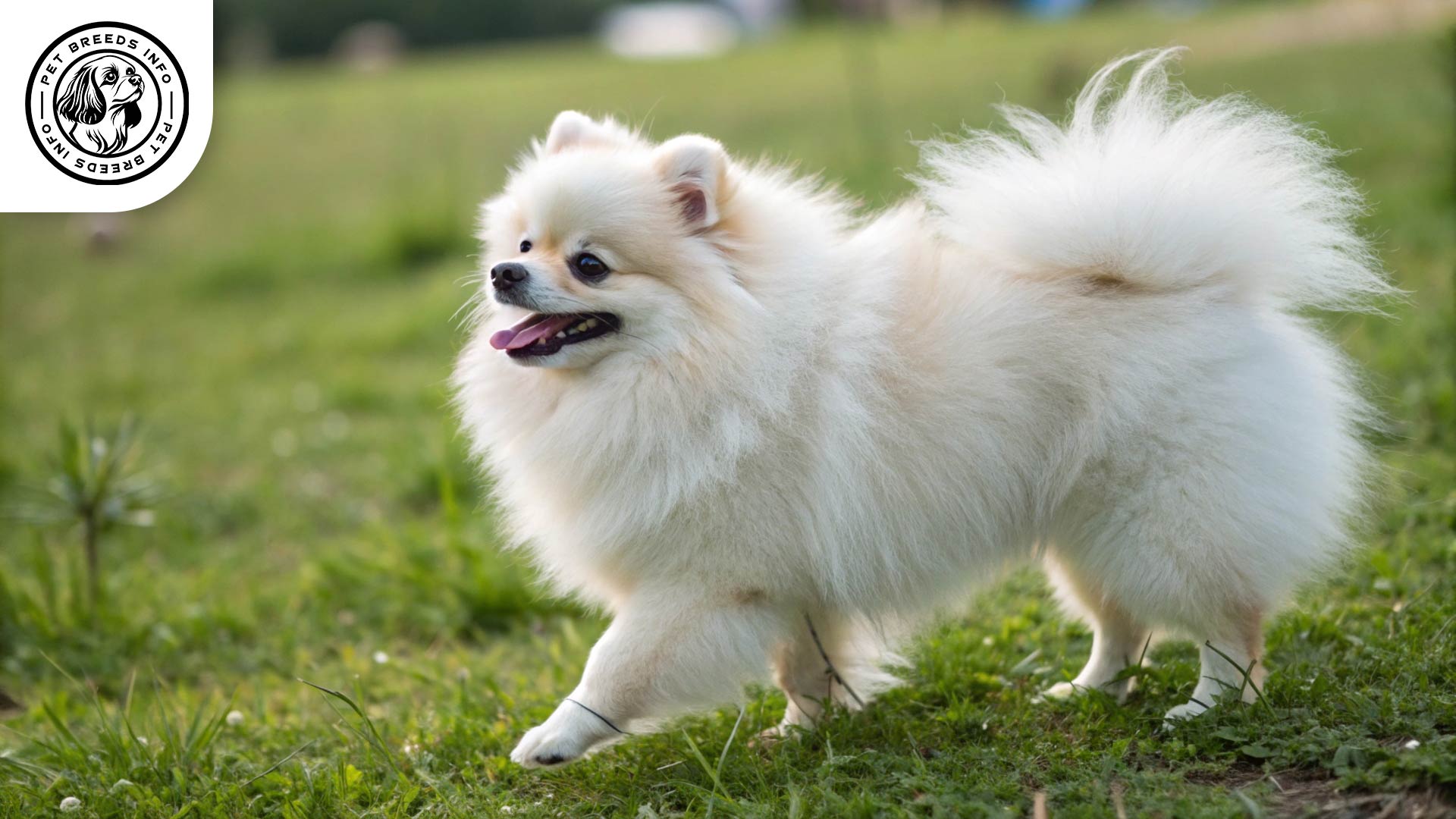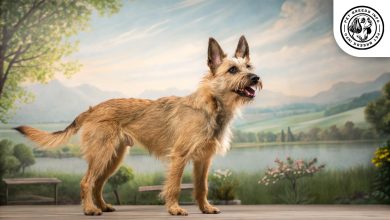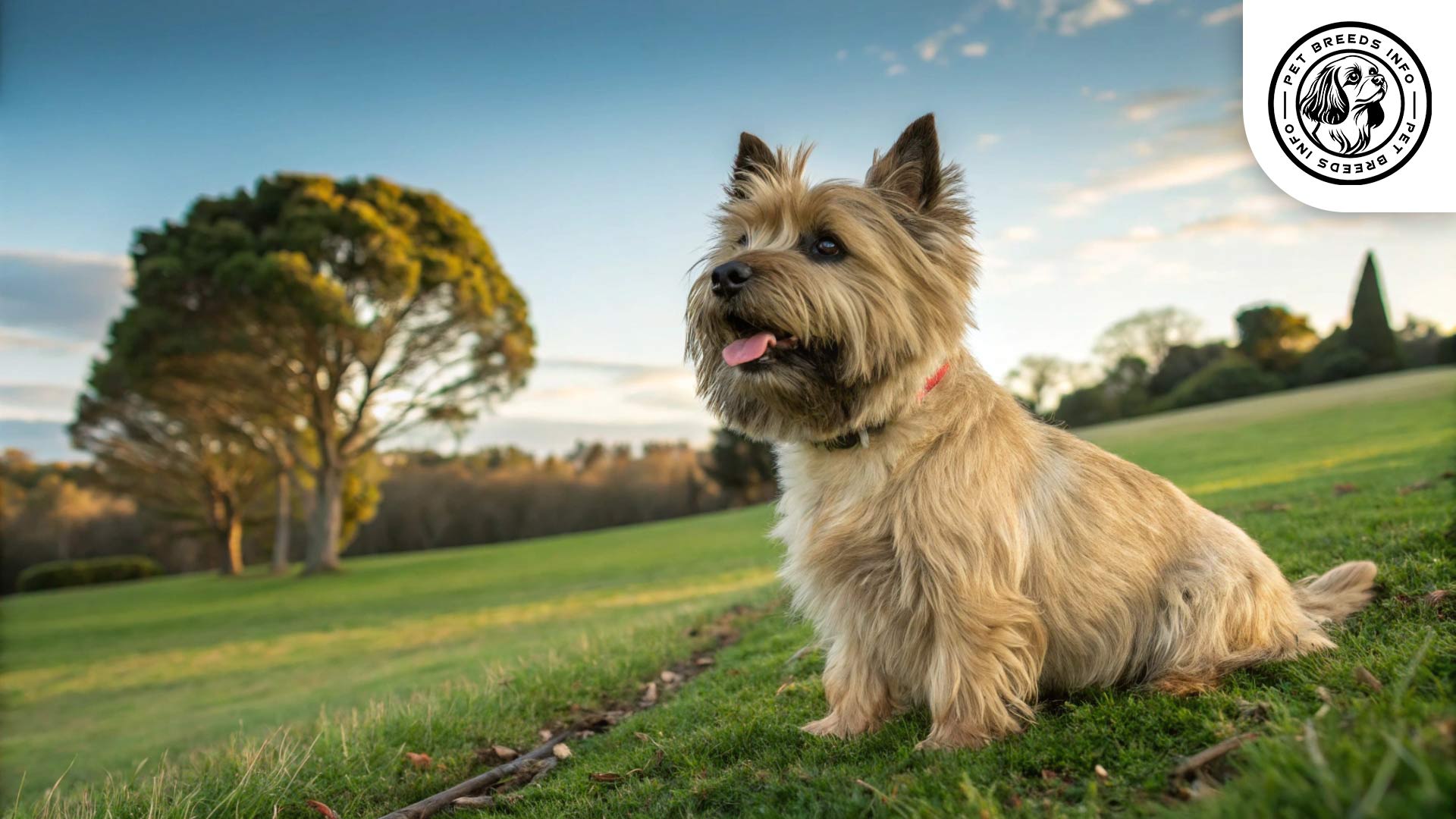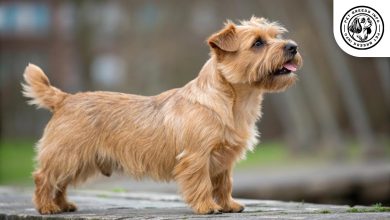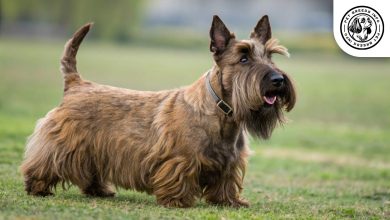Pomeranian Dog Breed: Size, Health, Price & Personality
General Introduction of the Breed
The Pomeranian is a small toy breed known for its fluffy coat and friendly personality. In other languages, it is often referred to as “Zwergspitz” (German) and “Poméranien” (French). Other names for this breed include “Pom” and “Dwarf Spitz.”
This breed originates from the Pomerania region, which is now part of present-day Poland and Germany. Pomeranians are descendants of larger Arctic sled dogs and were bred down to their current size. They became particularly popular in the 18th century when Queen Victoria of England adopted and bred them.
Table of Contents
| Color | Orange, black, white, blue, chocolate, cream, sable, merle |
| Weight | 3 to 7 pounds (1.3 to 3.2 kg) |
| Lifespan | 12 to 16 years |
| Diet | High-quality dry, wet, or raw food, small-breed formulated kibble, portion control |
| Care | Daily exercise, regular grooming (3-4 times/week), climate control, routine hygiene (bathing, nail trimming, ear cleaning, dental care) |
| Health | Patellar luxation, tracheal collapse, dental disease, heart conditions, alopecia, hypoglycemia in puppies |
| Nature | Intelligent, energetic, affectionate, loyal, social, playful, curious, watchdog tendencies, sensitive |
| Price | $500 to $5,000 (varies based on pedigree, breeder, location) |
Physical Characteristics
Pomeranians are a small breed with a compact and sturdy body. Males typically weigh between 3 to 7 pounds (1.3 to 3.2 kg) and stand about 6 to 7 inches (15 to 18 cm) tall at the shoulder. Females are generally of similar size.
The breed has a thick double coat consisting of a soft undercoat and a fluffy outer coat. Pomeranians come in a variety of colors, including orange, black, white, blue, chocolate, cream, sable, and merle.
They have dark, almond-shaped eyes that give them a bright and intelligent expression. Their ears are small, erect, and triangular in shape. Their tails are highly plumed and arch over the back in a signature fluffy curve.
A distinctive feature of the Pomeranian is its fox-like face, with a short, well-defined muzzle and a dense coat that enhances its fluffy appearance.
Read More: Pharaoh Hound Dog
Personality and Temperament
Pomeranians are highly intelligent and quick learners. They enjoy training and activities that engage their minds.
They are energetic and require regular playtime and walks to stay happy and healthy. Despite their small size, they have a bold and lively nature.
Pomeranians are known for their strong attachment to their owners. They thrive on companionship and attention, often forming deep bonds with their families.
They are social and friendly but can be wary of strangers. Proper socialization from an early age helps them become well-adjusted pets. They generally get along well with children and other pets if properly introduced.
They have a playful and curious personality, often displaying a strong sense of adventure. Despite their small size, they may exhibit watchdog tendencies by barking at unfamiliar sights and sounds.
They can be sensitive to changes in their environment and may not tolerate being left alone for long periods.
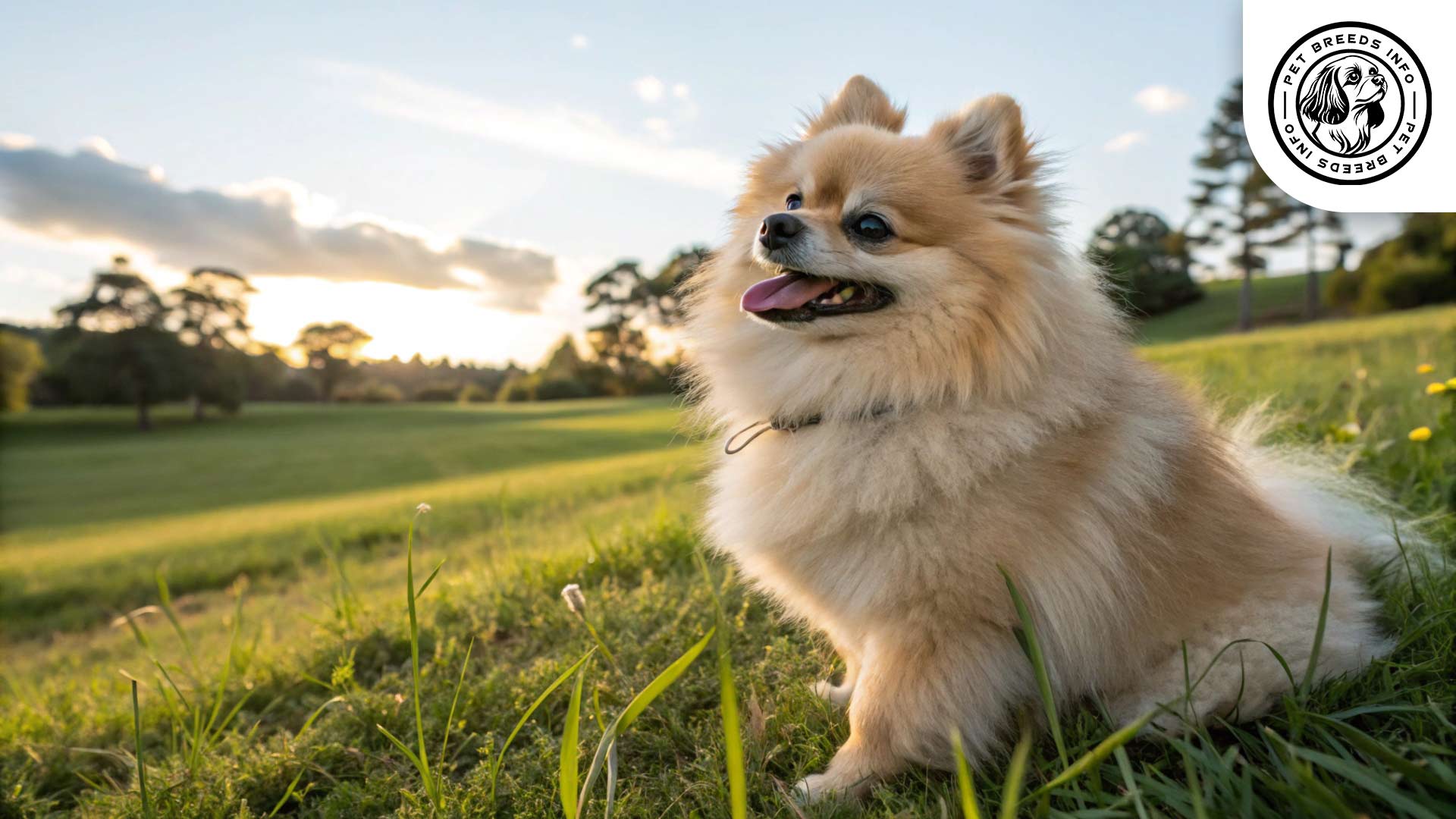
Care and Maintenance Requirements
Pomeranians need daily exercise, such as short walks or indoor playtime. Due to their small size, they can meet their activity needs even in small living spaces, making them well-suited for apartment living.
Their thick double coat requires regular grooming. Brushing at least three to four times per week helps prevent mats and tangles, while more frequent brushing is recommended during shedding seasons.
Pomeranians are sensitive to extreme temperatures. Their thick coat provides some protection against the cold, but they can overheat in hot weather. Adequate climate control is necessary for their well-being.
Routine hygiene care includes regular bathing, nail trimming, ear cleaning, and dental care. Due to their small jaws, they are prone to dental issues, so brushing their teeth frequently is important.
Diet and Nutrition
A balanced diet consisting of high-quality dry, wet, or raw food is best for Pomeranians. Small-breed formulated kibble is ideal as it accommodates their tiny mouths.
They are prone to obesity, so portion control is necessary. Typically, they need about ¼ to ½ cup of food per day, divided into two meals.
They should avoid toxic foods such as chocolate, onions, garlic, grapes, and artificial sweeteners (xylitol).
Read More: Polish Lowland Sheepdog Breed
Health and Common Medical Issues
Common health issues in Pomeranians include patellar luxation, tracheal collapse, dental disease, and heart conditions. They may also be prone to alopecia (coat loss) and hypoglycemia in puppies.
Due to their small size, they are fragile and should be handled with care. Regular veterinary checkups, vaccinations, and dental examinations are crucial.
The average lifespan of a Pomeranian is 12 to 16 years.
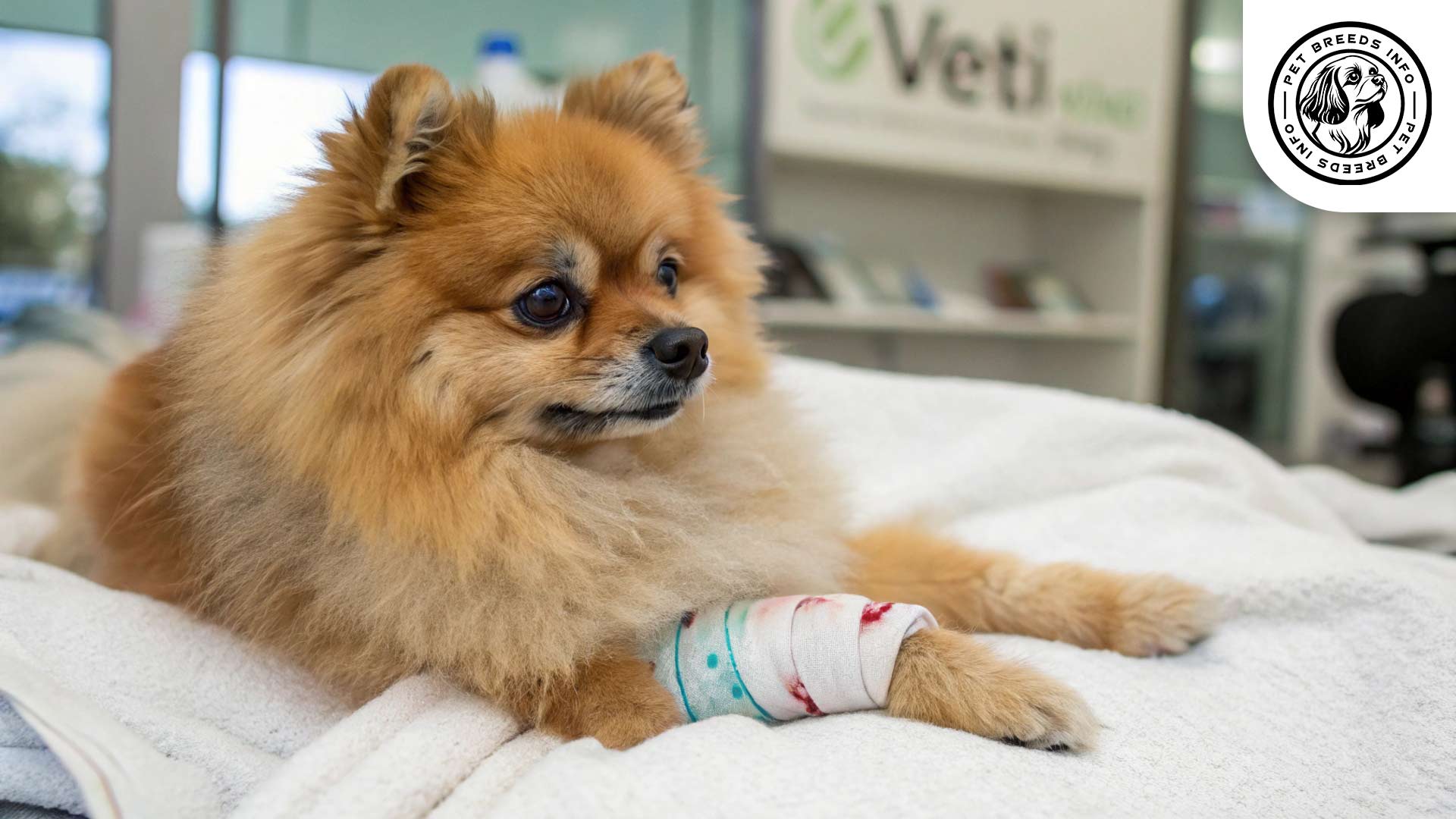
Training and Behavior Management
Pomeranians are intelligent and generally easy to train but can have a stubborn streak. Consistency and positive reinforcement, such as treats and praise, work best.
Early training and socialization help prevent excessive barking and timid behavior around strangers and other pets.
Housebreaking can take time due to their small bladders, so frequent potty breaks and patience are necessary.
Interaction with Other Animals and Humans
Pomeranians are affectionate with their owners and enjoy being the center of attention. They are generally good with children but do best with older kids who handle them gently.
They can coexist with other pets but may be territorial or assertive. Proper introductions and supervision are recommended.
While they are independent in some ways, they also crave companionship, making them ideal for families or individuals who can provide regular attention.
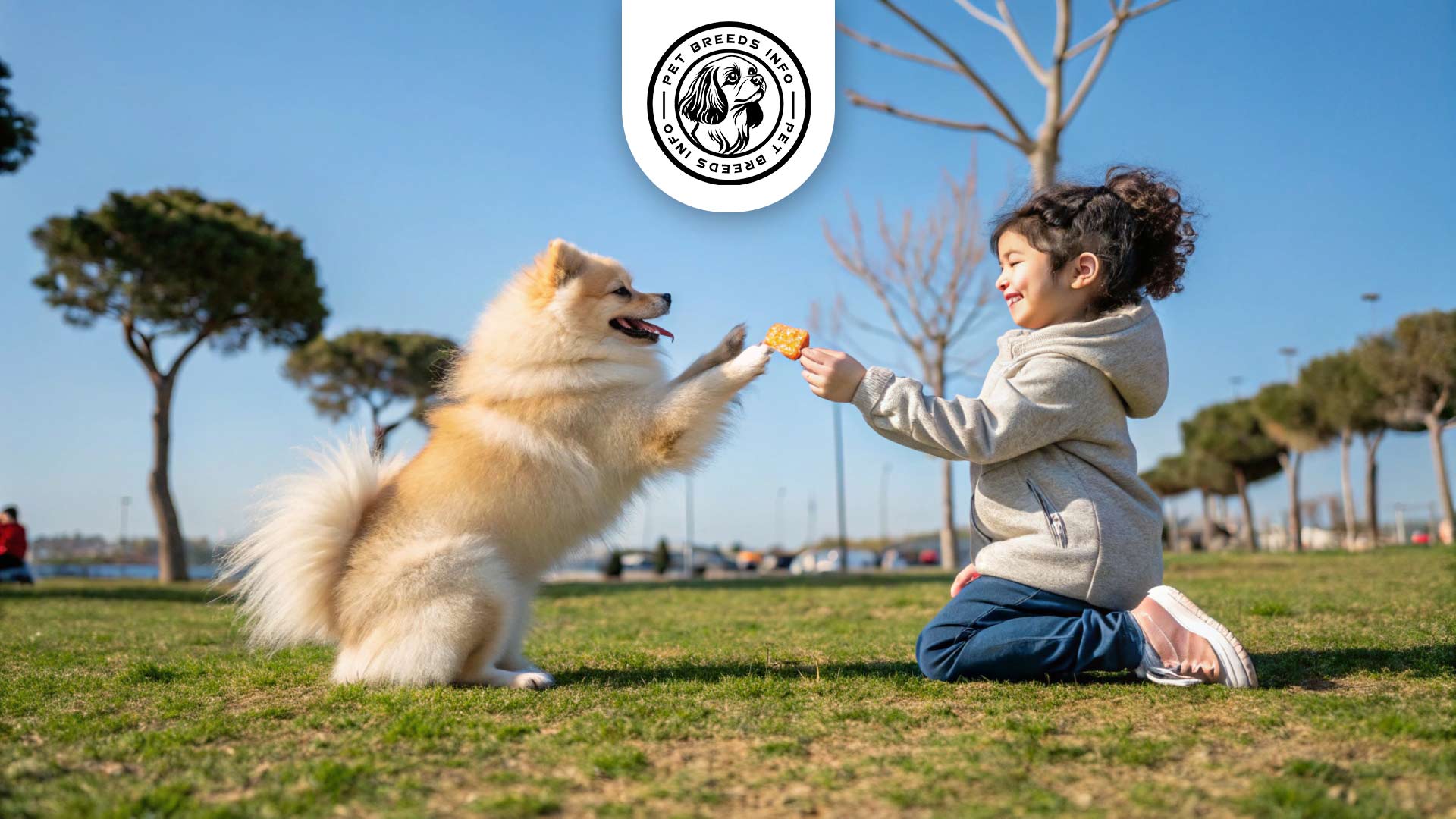
Price and Availability
The cost of a Pomeranian puppy varies based on pedigree, breeder reputation, and location. Prices generally range from $500 to $5,000, with show-quality Pomeranians costing more.
When purchasing a Pomeranian, it is important to choose a reputable breeder who conducts health screenings. Adopting from a rescue organization is a great option for those looking to provide a home to a dog in need.
Read More: Plott Dog
Conclusion and Final Thoughts
Pomeranians are loving, energetic, and intelligent companions that bring joy to their owners. They are well-suited for individuals, families, and apartment dwellers.
Owners should be prepared for regular grooming, socialization, and consistent training to nurture their lively personalities.
Potential owners should consider their small size, grooming needs, and attachment to human companionship before bringing a Pomeranian into their home.
FAQ
What are the common health issues in Pomeranians?
Pomeranians are prone to several health issues, including patellar luxation, tracheal collapse, dental disease, and heart conditions. They may also experience alopecia (coat loss) and hypoglycemia, especially as puppies.
How often do Pomeranians need grooming?
Pomeranians have a thick double coat that requires regular grooming. Brushing at least three to four times per week is recommended to prevent mats and tangles. During shedding seasons, more frequent brushing is necessary.
What type of diet is best for a Pomeranian?
A balanced diet consisting of high-quality dry, wet, or raw food is best for Pomeranians. Small-breed formulated kibble is ideal, and portion control is essential to prevent obesity.
Are Pomeranians good with children and other pets?
Pomeranians are generally good with children, especially older children who handle them gently. They can coexist with other pets, but proper introductions and supervision are recommended due to their potential territorial nature.
What is the typical price range for a Pomeranian puppy?
The cost of a Pomeranian puppy varies based on pedigree, breeder reputation, and location. Prices generally range from $500 to $5,000, with show-quality Pomeranians costing more.
